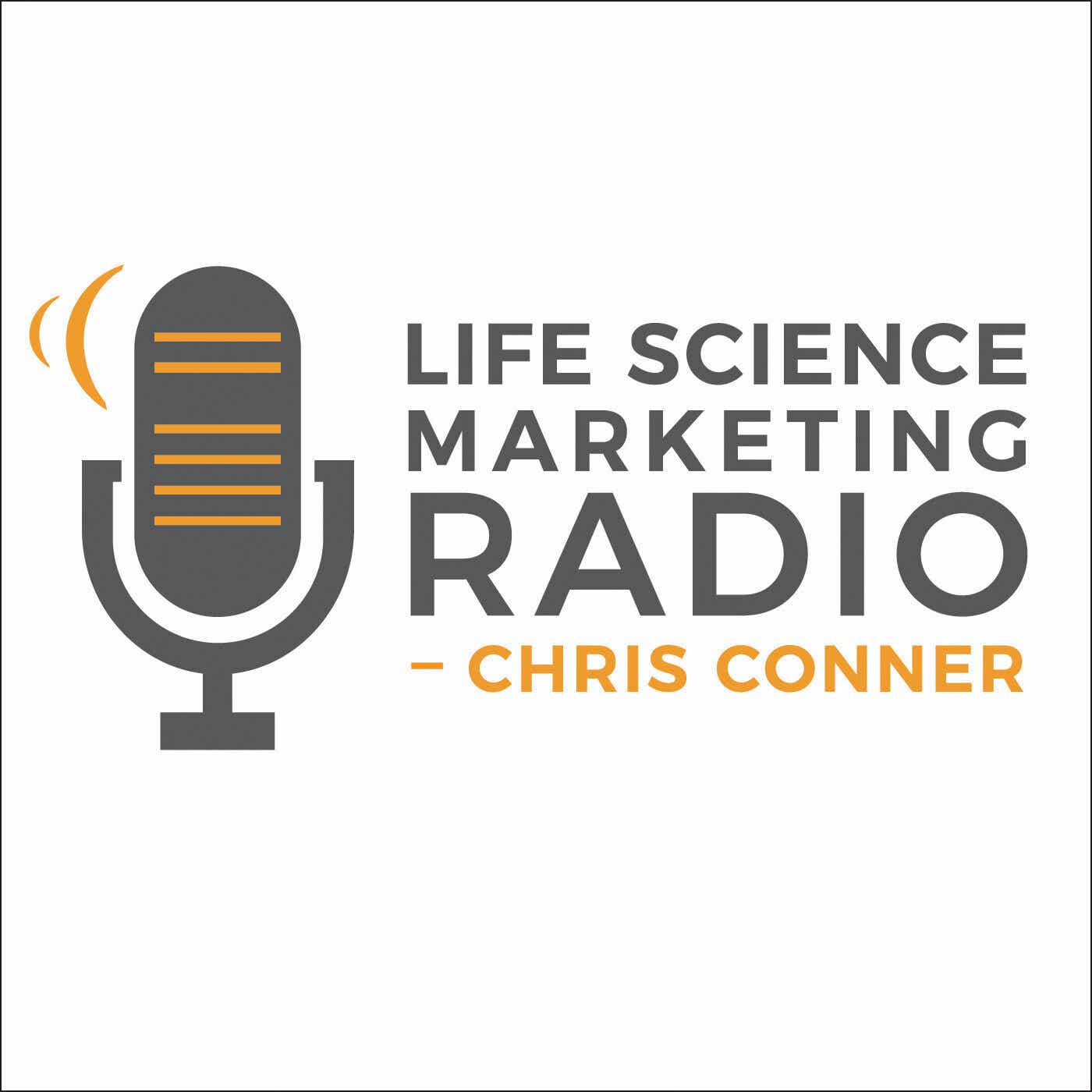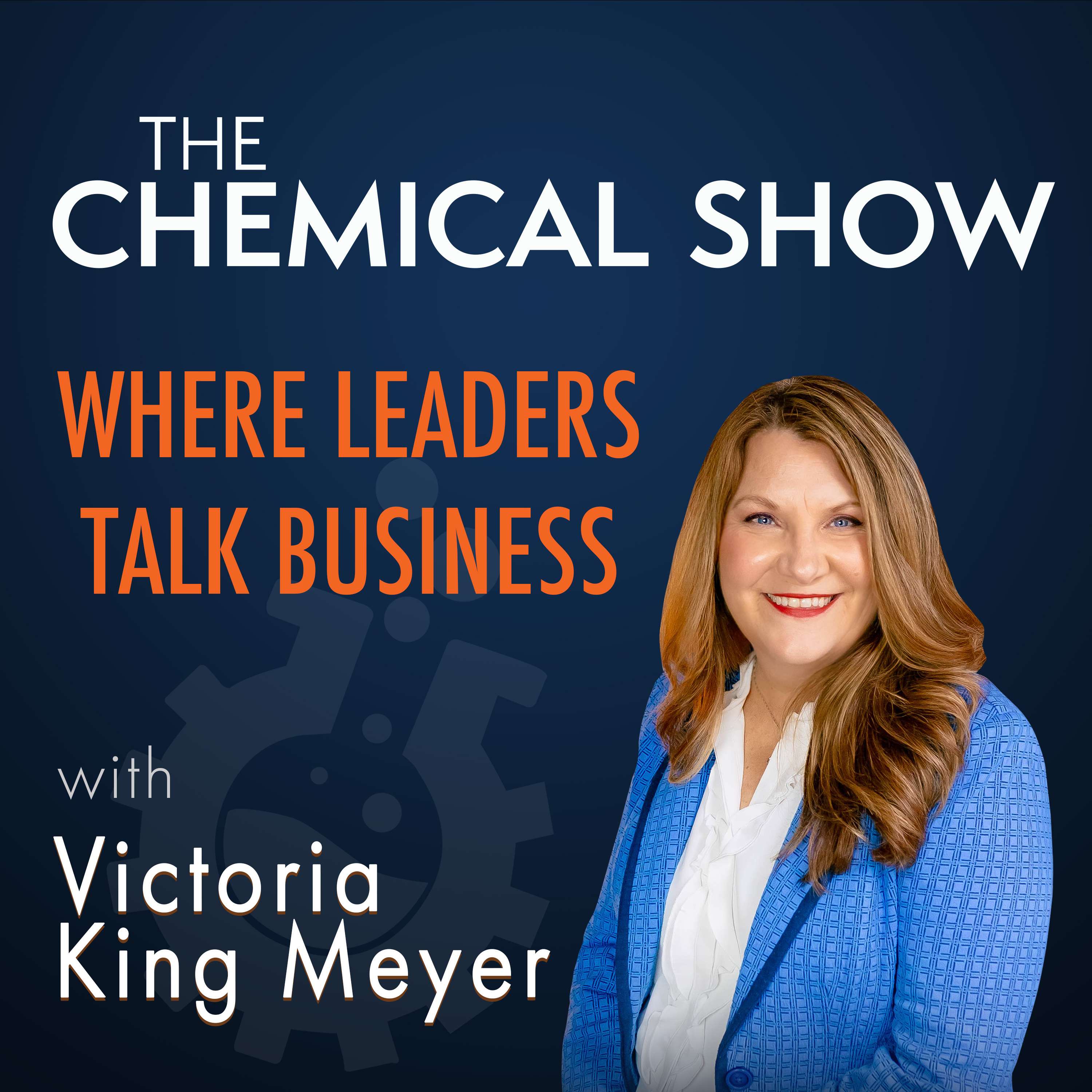
Life Science Success
On this podcast, you'll find interviews with high-performing successful individuals in Life Sciences. On a weekly basis, we cover their proven methods, principles, strategies, and mindsets to implement new technologies that scale to meet the needs of people in our world.
Podcasting since 2020 • 295 episodes
Life Science Success
Latest Episodes
AI in Pharma: A 30-Year Veteran's Roadmap to Digital Success
In this episode of the Life Science Success Podcast my guest is Sameer Lal, a highly respected pharma veteran and business leader with three decades of experience in advancing the life sciences industry through technological innovation. With hi...
•
36:10

Medical Tech Pioneer Janet Kwiatkowski: Strategies for Innovation & Growth
In this episode of the Life Science Success Podcast my guest is Janet Kwiatkowski, a proven executive leader with extensive experience in medical devices and in vitro diagnostic technologies.00:00 Introduction to Life Science Success Po...
•
26:01

Navigating Biotech Risks: Insider's Playbook for Success
Daniel Tabb brings over 15 years of experience in the insurance industry, specializing in working with Life Science companies ranging from pre-seed startups to publicly traded corporations. As a leader of the Life Science Practice at Houchens I...
•
34:56

Breakthrough Marketing Secrets for Life Science Companies
In this episode of the Life Science Success Podcast my guest is Holley Miller, a category designer and commercial growth expert who helps life sciences companies drive reliable revenue and build market dominance through her innovative strategie...
•
55:57

MIT to Medical Breakthroughs: Jim Pollock's Innovative Temperature Sensor
In this episode of the Life Science Success Podcast my guest is Jim Pollock, an experienced technology entrepreneur with a background in electrical engineering from MIT and a track record of successfully launching and exiting multiple startup c...
•
41:04

Contributors
Podcasts we love
Check out these other fine podcasts recommended by us, not an algorithm.

Life Science Marketing Radio
Chris Conner
